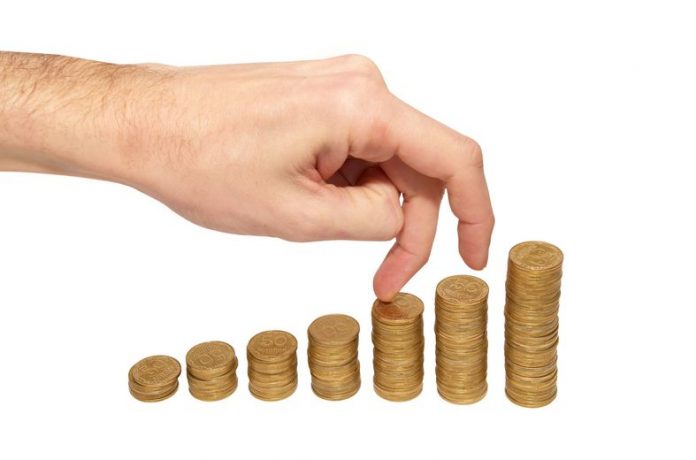Every investor that’s been around for a while has heard the saying: “Sell in May, but remember to come back in September”.
Basically sell your stocks in May and get back into the market in September.
The basic premise behind this theory is simple; in the summer months, the stock markets usually don’t perform as well as in the other months of the year.
An explanation that is often heard is that investors tend to be slightly less positive about economic developments around the summertime than they were at the start of the year.
Should investors really be interested in why this phenomenon occurs or would it be enough just to know that it does?
There is plenty of theoretical evidence for the theory as shown in various studies on the Sell in May principle.
Most of these studies have looked at the performance of US markets. And the theory seems to hold true. From the year 1950 and onwards, the stock performance was significantly lower than during the rest of the year.
The Sell in May effect is not limited to US markets. Apparently it was found in over 30 different countries. In other words, stock market returns were significantly lower during the summer months.
Not only was the effect found in nearly every country, but it is also indeed a recurring phenomenon.
Various economists have shed further light on the subject and revealed that the effect largely disappears when using another research method.
The effect seems to be caused mainly by two specific events. Leave out these events and the Sell in May theory no longer occurs in US markets.
If you were to do some research on your own you would find that the average stock market return during the months of May through August is true quite a bit lower than in the period of September through April.
However volatility, and therefore the risk is also lower in the summer. Therefore higher returns during the winter months can simply be considered as compensation for the higher risk.
Using this simple method you might conclude that selling your stocks in May and buying in September is indeed a smart move.
Of course, there is never a guarantee that this phenomenon will continue to occur in the future. However, there are some other factors that you might want to take into consideration before you close all your positions.
First of all, overall returns in the summer are still higher than the interest rate you will get in a savings account.
Of course, if you decide to sell and buy back later you also have to take into account the fees for your transactions.
If you were to sell and temporarily park your money in a risk-free investment like a savings account you will inevitably pay a small percentage in transaction fees.
Both when you sell and when you buy. In the case that the stock has appreciated slightly you will end up losing money. The only winner in this scenario is your broker. If the stock took a dive during your leave of absence you could make a nice profit, but apparently that doesn’t typically happen.
Another important factor not to be forgotten is dividends. Dividends are often paid out from May until August.
When a stock goes ex-dividend this also causes a slight drop in stock price. This factor is partly responsible for the lower returns in the summer when looking simply at the price of stocks.
However, if you own the stock you will receive the dividends and therefore your true return during the summer months will be higher than what is indicated by the movement of the stock.
Taking this into account can make selling in May into an even less profitable strategy.
In conclusion, the Sell in May effect does occur in most financial markets. Stock market performance has proven over the years to be significantly higher during the winter months.
However, the summer months still show positive returns and are less volatile and thus less risky than the rest of the year. Then of course there are transaction fees that lower your results.
The more transactions you make, the larger the amount that is deducted from your returns. And last but not least the months of May until August are often used for paying out dividends.
A factor that is often overlooked when comparing stock market returns over various periods.
Taking all these facts into consideration will at least help you gain some perspective on that simple piece of stock market wisdom.
As a matter of fact, you might just prefer to hold on to your portfolio during the summer. In many cases, this will turn out to be the wiser investment decision. After all, Warren Buffet doesn’t sell all his stocks in May. So why should you?

